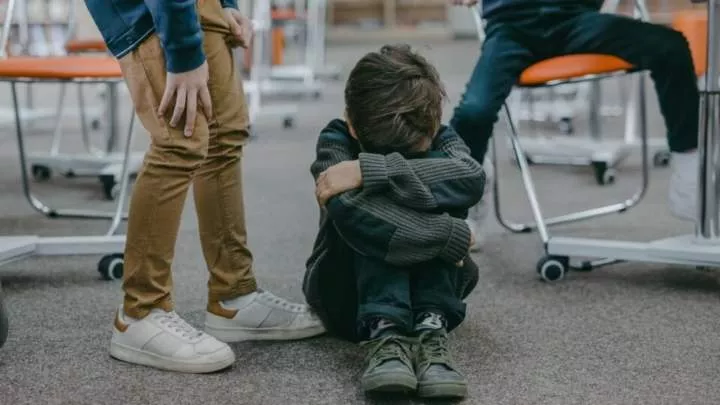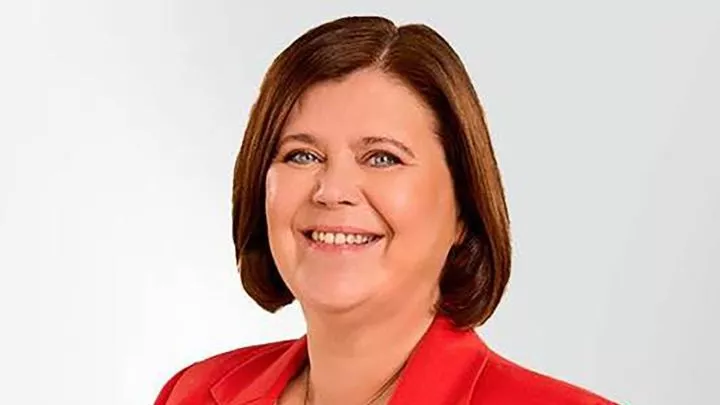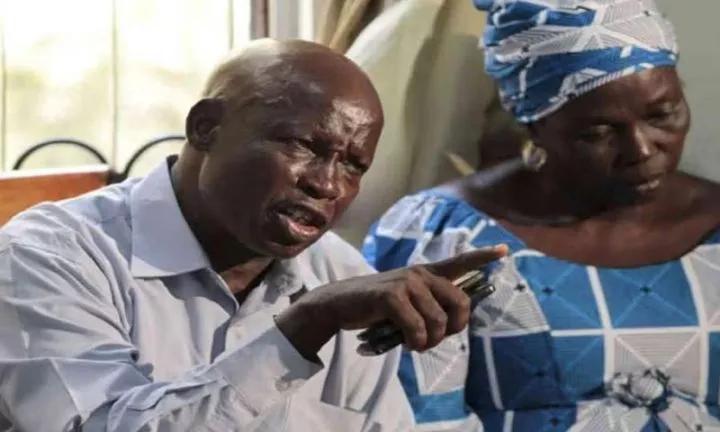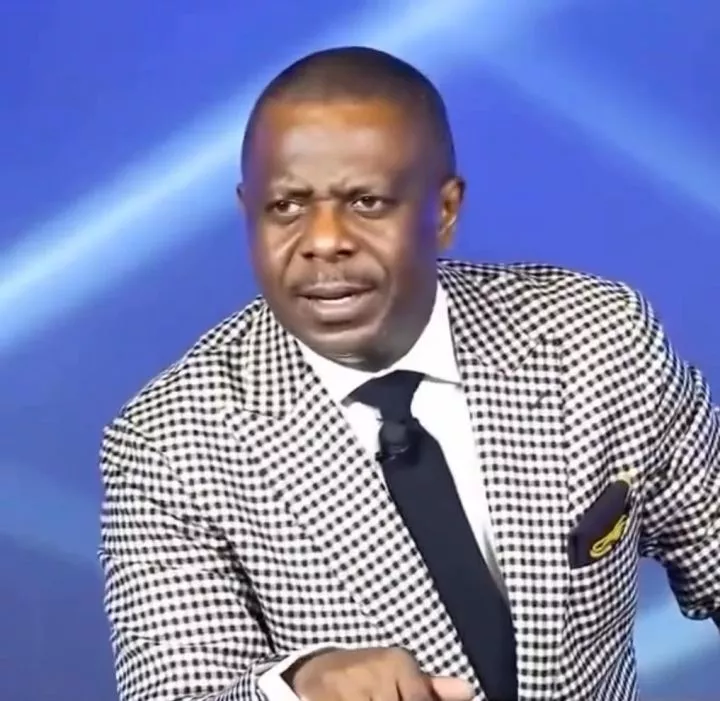![Verbal insults are dangerous [istockphoto] Verbal insults are dangerous [istockphoto]](https://static.netnaija.com/i/W4lNmOBj7Ro.webp)
When it comes to child abuse, less attention is paid to the words some parents say to their children.
The words you say to your child, even in anger, matter.
A video of a young girl being insulted on social media after asking her father for an iPhone 8 sparked debate online. But one thing is clear: the words we speak to children matter.
Child abuse is defined as when an "adult or other carer engages in acts that harm or omit needed care for a child."
Wingate University and University College London analysed data from 166 previous studies of child abuse through the Adverse Childhood Experiences Quiz.
The quiz asks if a parent or adult frequently swore, insulted, put down, humiliated, or made the child afraid of physical harm before their 18th birthday. These actions were as damaging as physical and sexual abuse.
The result was that verbal abuse can be as damaging to a child's development as other maltreatment subtypes, like physical and sexual abuse.

Words hurt
"Sticks and stones might break my bones, but words can never hurt me." This popular saying has proven to be categorically false.
Though its normal to get angry at their children, parents must choose their words carefully when disciplining children.
"All grownups occasionally become overextended and say things without meaning to. For children to thrive, we must come up with strategies to recognise these behaviours and put an end to adult verbal abuse of children," said Jessica Bondy, the founder of the British organisation Words Matter, which sponsored the study.
Verbally abused children are more likely than their peers to face medical and mental health issues as they age, as well as less success in school and the workforce.
















Comments